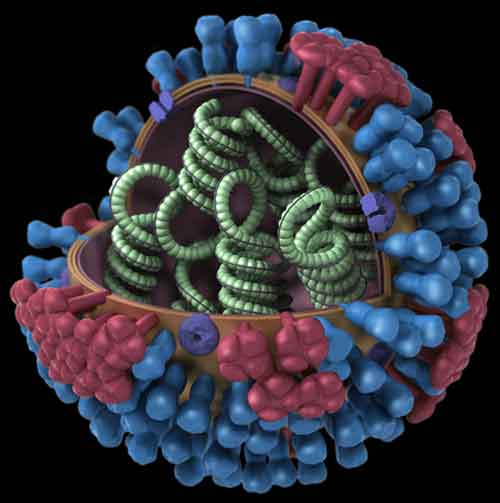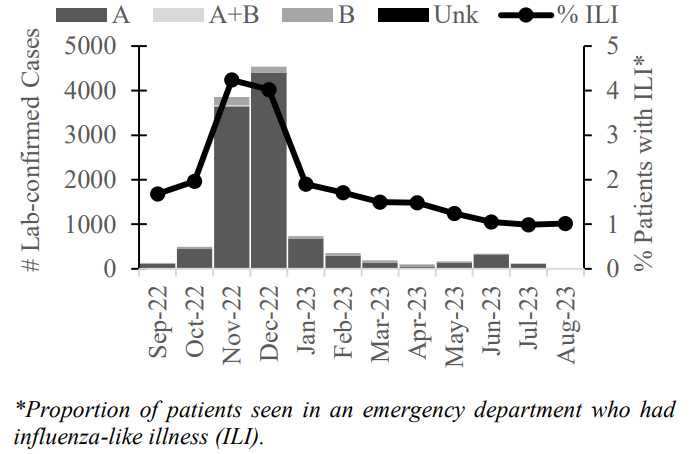SITKA, March 2, 2012 — As the cold and flu season hits full swing, the SouthEast Alaska Regional Health Consortium (SEARHC) wants to remind its patients there are several ways to prevent the spread of influenza and other respiratory illnesses. While there have been several communities hit by colds or the seasonal crud, so far Alaska’s flu activity this year is below the national rate. Following these healthy habits can help protect you and your family from getting the flu, colds and other diseases.
· Get vaccinated — The single best way to prevent seasonal flu is to get vaccinated. This year’s seasonal vaccine includes protection against the H1N1 flu that caused the pandemic two winters ago. The Centers for Disease Control and Prevention (CDC) recommends everybody older than 6 months get a seasonal flu shot each year, especially if they are in one of the groups at high risk for flu-related complications — young children age 5 or younger (especially age 2 or younger); pregnant women; people age 50 or older; people with chronic health conditions such as asthma, diabetes, cancer, heart and lung disease, etc.; people living in nursing homes or extended-care facilities; and people who live with or care for those at high risk for flu complications (including health care workers). Since many Alaska Natives and American Indians had flu complications last year, the CDC added them to the priority list for vaccinations. The CDC’s list for who should be vaccinated is at https://www.cdc.gov/flu/protect/keyfacts.htm and the priority list for people at high risk for developing flu-related complications is athttps://www.cdc.gov/flu/about/disease/high_risk.htm.
· Cover your cough — When you need to cough or sneeze, turn away from others and then cover your mouth or nose with a tissue or cough into your sleeve by the elbow. This will help keep your germs from spreading, so others around you don’t get sick. When you are done with your used tissue, throw it into the trash. Always wash your hands after coughing or sneezing.
· Wash your hands — Wash your hands often using soap and water, washing for at least 20 seconds (long enough to sing the alphabet song). If soap and water aren’t available, use an alcohol-based hand rub.
· Avoid touching your face — If you touch surfaces that may be covered by the flu virus (stair banisters, door knobs, computer keyboards, phones, etc.), you can get the flu if you then touch your eyes, nose or mouth. Wash your hands before touching your face to keep from spreading germs.
· Avoid close contact — Avoid close contact with people who are sick. If you are sick, keep your distance from others to protect them from getting sick (at least three feet away).
· Stay home — If possible, stay home from work, school or even running errands when you are sick. This will help prevent others from catching your illness. Stay home for at least 24 hours after your fever breaks.
· Practice good health habits — To improve your immune system, get plenty of sleep, be physically active, manage your stress, drink plenty of fluids and eat healthy nutritious food.
Updated information on the seasonal flu, including more ways people can prevent flu’s spread, can be found online at https://www.flu.alaska.gov/ (state site) or athttps://www.flu.gov/ (national site).




